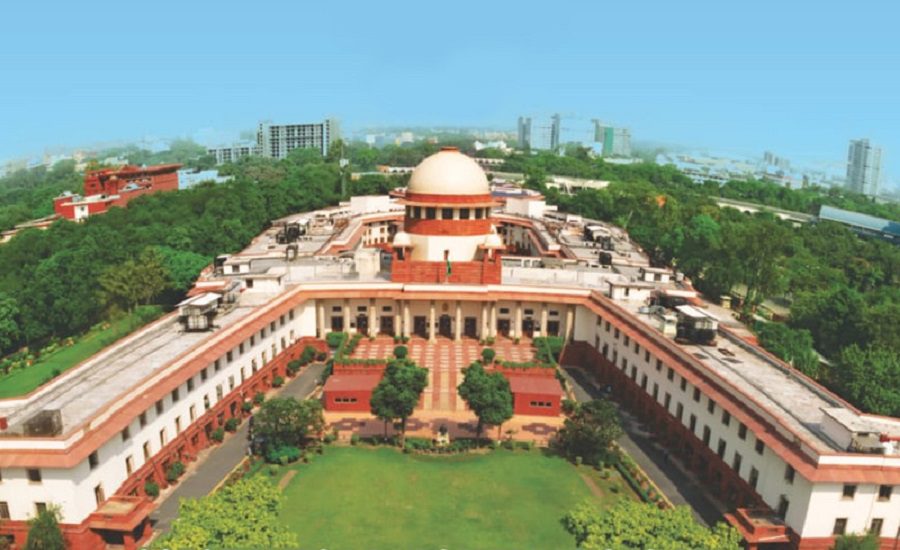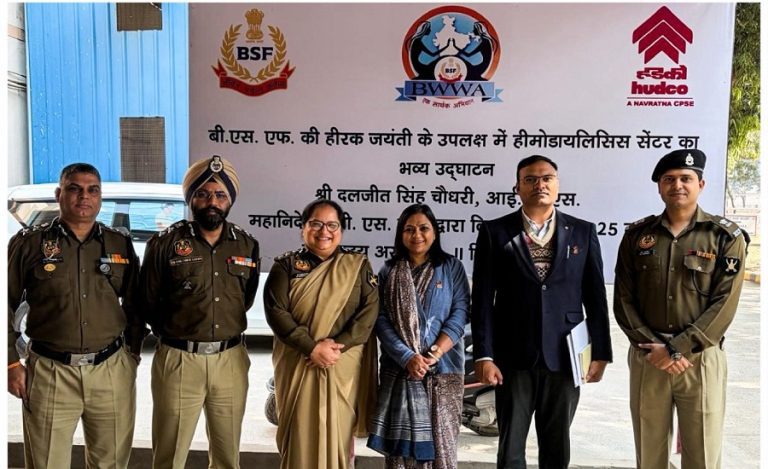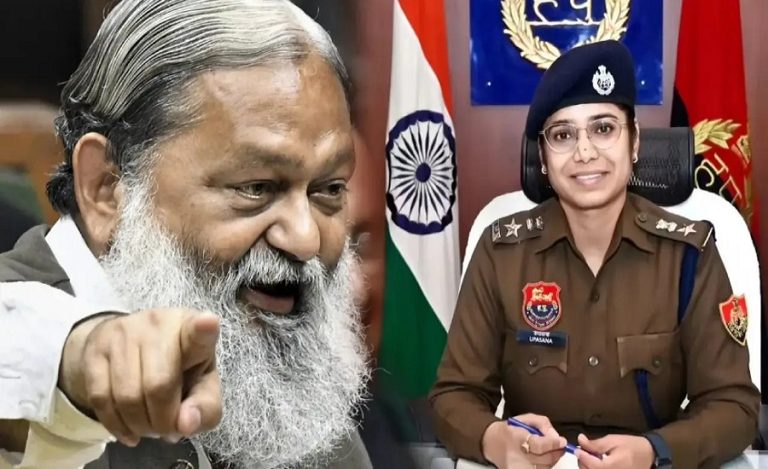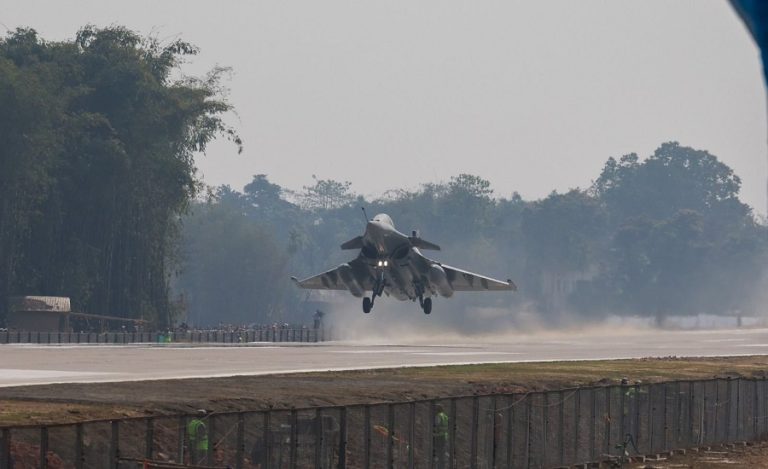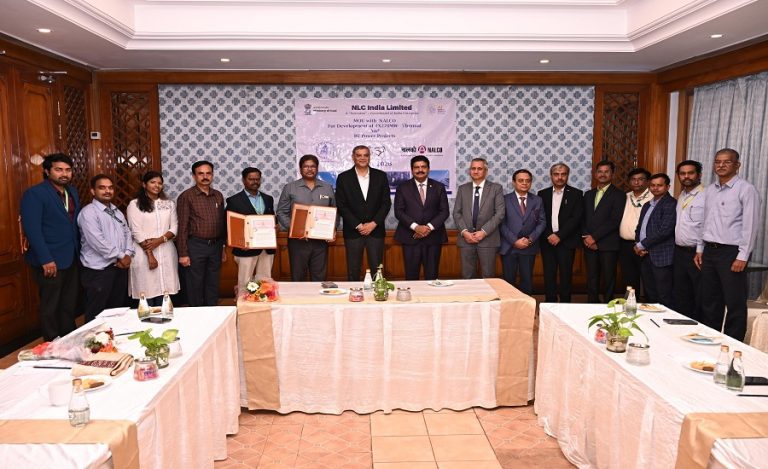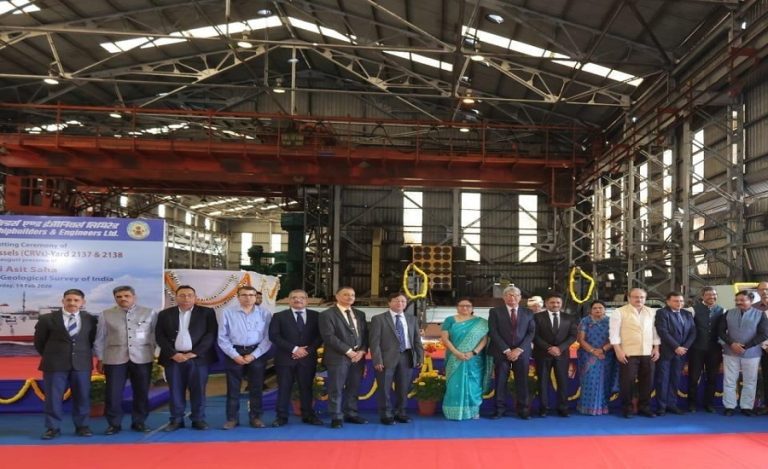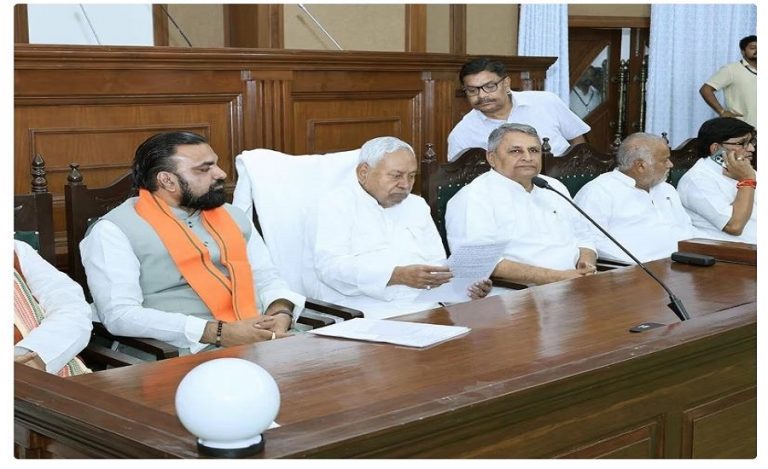In a significant push toward transparent policing and improved public accountability, the Supreme Court has granted a final three-week extension to States and Union Territories that have yet to file compliance affidavits regarding the installation and functioning of CCTV cameras in police stations across the country.
Bench Warns of Personal Appearance for Non-Compliance
The bench comprising Justice Vikram Nath and Justice Sandeep Mehta issued a clear warning: Chief Secretaries will be required to appear personally before the Court if the remaining States and UTs fail to comply by the newly granted deadline.
Amicus Curiae Flags Gaps in State and Central Responses
During the hearing, Senior Advocate Mr. Siddharth Dave, acting as amicus curiae, informed the Court that only 11 States had responded to the queries raised in the October 14 order. He also noted that the Union Government had yet to file its compliance affidavit regarding central investigative agencies such as the NIA.
Union Seeks Time; Court Extends Deadline Across the Board
Solicitor General Mr. Tushar Mehta requested three weeks for filing the Union’s compliance. Accepting the request, the Court extended the same three-week period to all remaining States and UTs. The matter is now listed for December 16, 2025.
The Court added that if compliance affidavits are still pending, Principal Secretaries and Directors of State agencies must appear and explain the delay.
Background: Court’s Suo Motu Intervention Rooted in Public Interest
The suo motu case was initiated after a news report highlighted 11 custodial deaths in seven to eight months, prompting judicial concern over the absence of functional CCTV surveillance.
This is not the first time the top court has addressed the issue. In December 2020, in Paramvir Singh Saini v. Baljit Singh, all States and Union Territories were directed to ensure complete CCTV coverage in every police station. Despite the mandate, implementation has remained inconsistent, with many cameras either non-functional or never installed.
Push for Technological Oversight to Prevent Tampering
On September 15, the bench observed the need for independent, tamper-proof monitoring systems, citing concerns that manual intervention allows officials to switch off or manipulate CCTV units.
In a subsequent order on September 25, the Court raised 12 detailed queries for the State of Rajasthan, seeking clarity on regular audits, the duration of CCTV footage preservation, surprise inspections, and forensic validation mechanisms to ensure tamper-proof operation.
Looking Ahead: A Stronger Framework for Accountability and Police Reform
The Court’s firm stance aims to accelerate long-delayed reforms and reinforce the commitment to transparent and citizen-centric policing. With strict timelines and the possibility of top bureaucrats being summoned, the judiciary has signaled that lapses will no longer be tolerated.

